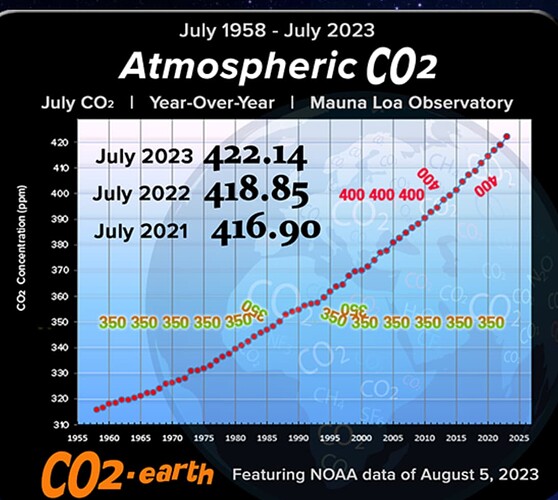Apart from the Nissan Leaf, which has a poor reputation with its battery, and possibly the Chevy Bolt, which I hear has a lousy battery platform and it’s discontinued anyway …
For the vast majority of EVs the concern about the battery is misplaced. Both the battery and the car will last longer than you will. The battery range will gradually drop from 100% to maybe 85% but that’s about it. They don’t short out or quit holding a charge. People are driving early Teslas (2008, 2009) now well over 10 years old and still running just fine. Other than consumables (tires, wipers, brakes) and some of the aforementioned range degradation, they’re fine.
There are far fewer things to maintain on an EV. I take my Ioniq into the shop and they just check the fluids and tire tread and send me on my way.
Range anxiety is a somewhat more substantive matter. It is being rapidly addressed though, as to improvements to the charging network, faster charging speeds, and better battery technology. I would nurse the Toyota a couple more years and then see what your options are. A lot of improvements are coming down the pike.
Keep in mind though that trickle-charging (“Level 1”) from a 117 volt outlet is all alot of people will ever need. It’s all I used except on the rare longer road trip. Every Saturday or Sunday night I plug the car in and it takes maybe 12 to 18 hours to top off. It’s slow but perfectly adequate.
The car needs 12 amps to charge that way, so a dedicated 15 amp circuit that is not used for anything else (at least at the same time) will work. Your 100 amp service is not, by itself, an obstacle so long as you can spare a circuit for the car for part of a day per week and the circuit is grounded.
If you need to top off quickly for an unusual trip, the dealer usually has a (generally free) fast charger that will get you full in less than an hour, often way less depending on the car and the charger. In my area I get to know the locations of all the fast chargers including the commercial ones. There’s one on the way to all the main highway destinations. It is just a little more planning. But in truth, for daily commutes, you no longer need to go somewhere to get “fueled”, you can do it at home.
Now for long road trips, yeah, you want at least 300 mile range and fast charging ability. 400 or even 700 miles would be even better (typical ICE vehicles can go 600-ish). My '21 Ioniq is not the latest model (295 mile range) but rather just 180 miles. I bought it for my main use case which is local errands basically (I work from home). It’s fine for that. We have a conventional SUV for long road trips and a few other things (hauling the dogs around, etc) that sits mostly idle. The plan is to wait for a 350-400 mile or more range small electric SUV and trade them both in and make that our last car.
All that said, I only put 2500 miles a year on the EV so in that sense I’m not really contributing that much. 2500 miles a year on a reasonably efficient ICE vehicle would truthfully probably be about the same environmental impact. If you are talking about a nearby job in the short term, running errands, and an occasional long road trip in the car, then the standard vehicle would be fine, but because I think at least for personal cars and light trucks everything will be 100% electric in a few years I don’t want to deal with the possibility of it being difficult to maintain or fuel a conventional vehicle in, say, 10 years.
That’s why I’d say, put it off as long as the old car will reliably get you from point A to point B, and re-assess.
Also consider that it doesn’t have to be a buy and hold forever final car … if you see the market going where you want it for an EV but it’s not quite there yet you could just do a short to medium term lease as a bridge.

